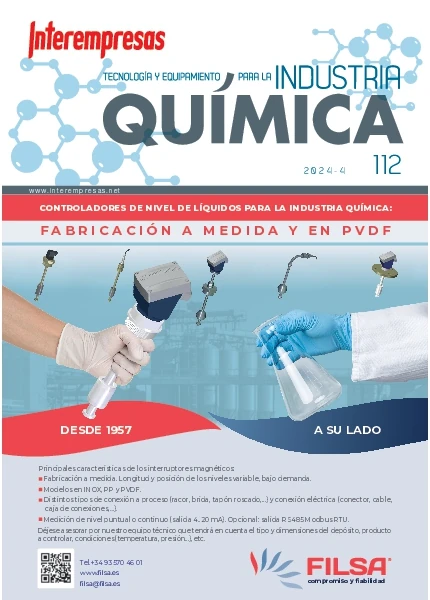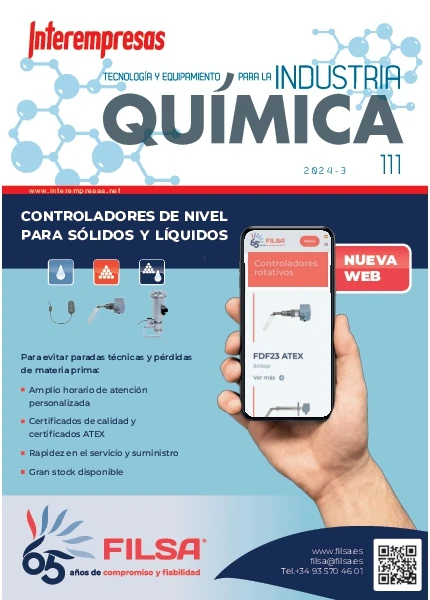Se experimenta con la uva para hacerla más saludable y menos perecedera
30 de diciembre de 2010
Explicaron en un comunicado que la clave reside en recubrir la uva de una fina capa comestible e imperceptible hecha a base de propóleo que no es más que una sustancia natural elaborada por las abejas a partir de partículas resinosas de las yemas, brotes y pecíolos de diferentes árboles.
El propóleo además de ser antibacteriano y antifúngico es una fuente natural de antioxidantes, por lo que este instituto universitario ha estado experimentando con él desde hace un par de años y buscándole aplicaciones posibles como la que ahora se propone con la uva. La manera de proceder con esta fruta es la de sumergirla en una solución de propóleo y de esta manera la sustancia queda adherida al fruto de la vid.
“La uva recubierta con el film de propóleo se conserva mejor que la no recubierta, ya que se reducen las pérdidas de agua y de peso y tarda más tiempo en deteriorarse”, explicó Maite Cháfer, investigadora y profesora de esta casa de estudios.
Estas investigadoras realizaron un análisis organoléptico con uvas sin recubrir y recubiertas con diferentes niveles de propóleo para conocer la aceptación sensorial del producto y definir qué dosis sería la más conveniente añadir, pensando en su aplicación para sacar nuevos productos al mercado.
Entre las conclusiones de estos estudios organolépticos, las investigadoras comprobaron además que al incorporar el propóleo a las soluciones, se mejora notablemente la apreciación sensorial de este producto. “Uno de los principales problemas de la ingesta de este compuesto es que posee un sabor muy desagradable y, al incorporarlo a soluciones comestibles sin sabor, reducimos notablemente este efecto y mejoramos su apreciación sensorial al aplicarlo a alimentos”, explica Clara Pastor, investigadora del IUIAD de la Politécnica de Valencia.
El trabajo desarrollado por las investigadoras de la UPV ha sido publicado en las revistas ‘Carbohydrate Polymers’ y ‘Postharvest Biology and Technology’, dos de las publicaciones científicas de más impacto internacional en el ámbito de la tecnología de alimentos.








































